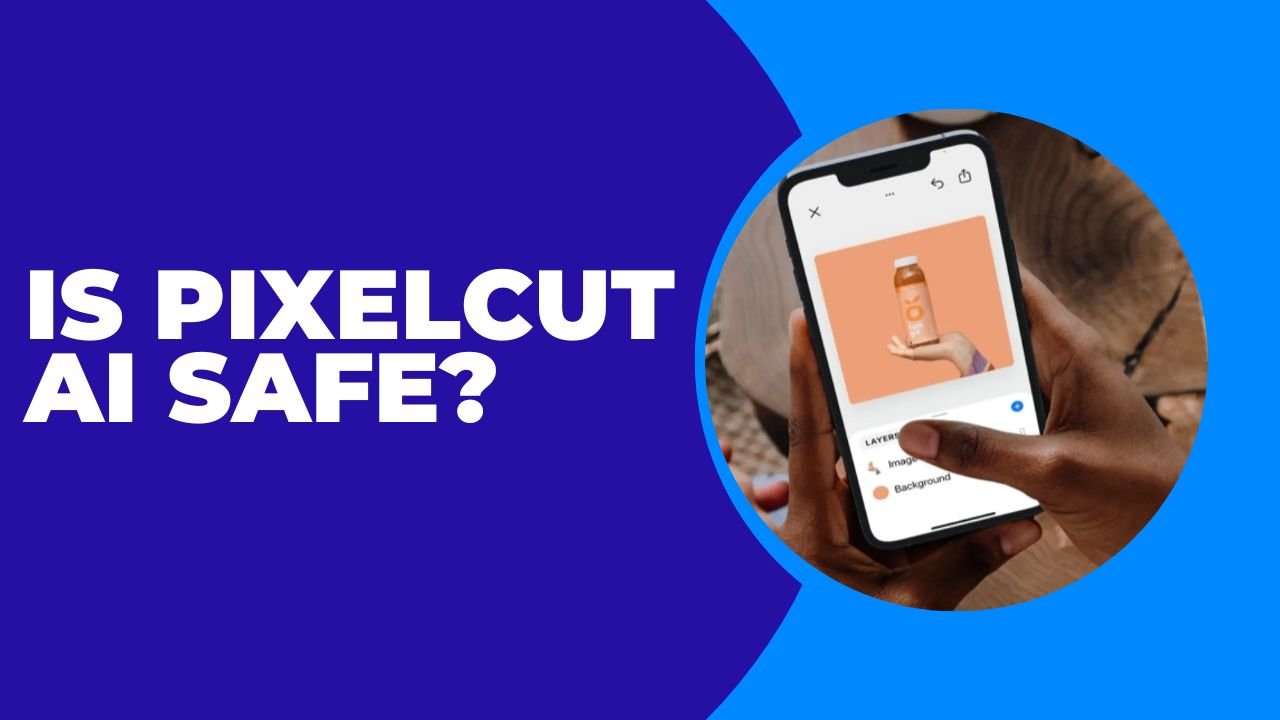Introduction: Should You Trust Pixelcut AI?
If you’re into photo editing, you’ve probably heard of Pixelcut AI—a popular app that promises quick, AI-powered enhancements for your pictures. But with so many apps out there collecting personal data, it’s fair to ask: Is Pixelcut AI actually safe?
The short answer? Yes, but with some caveats. Like most apps, Pixelcut collects user data, and while it’s not a scam, you should know exactly what you’re agreeing to before hitting “download.” Let’s break down everything you need to know—from privacy policies to real user reviews—so you can decide if it’s right for you.
How Does Pixelcut AI Handle Your Data?
What Information Does It Collect?
Pixelcut AI isn’t shy about the data it gathers. According to its privacy policy, the app may collect:
- Personal identifiers (like your name or email if you sign up)
- Usage data (how often you use the app, which features you click)
- Purchases (if you buy premium features)
- User content (the photos you upload for editing)
- Diagnostics (app crashes, performance issues)
Some of this data can even be used to track you across other apps and websites—something privacy-conscious users might find unsettling.
Is Your Data Secure?
The good news? Pixelcut encrypts data in transit, meaning hackers can’t easily intercept it while it’s being sent. You can also request to delete your data if you ever decide to stop using the app.
Does It Share Data with Third Parties?
Yes, but it depends on your location and how you use the app. Some data (like app activity) might be shared with advertisers or analytics companies. If that bothers you, check the app’s privacy settings to limit what’s being shared.
Is Pixelcut AI a Legitimate App?
App Store Ratings & Developer Reputation
Pixelcut AI is available on both the Apple App Store and Google Play, with over 150,000 reviews averaging 4.4 stars. That’s a strong sign it’s not some shady, fly-by-night operation.
The developer, Pixelcut Inc., is a registered company with public contact info, which adds another layer of trust. Plus, the app is rated 4+ on the App Store, meaning it’s considered safe for all ages.
Are There Any Hidden Risks?
So far, there’s no evidence of malware, scams, or unauthorized data leaks linked to Pixelcut. Some users have complained about subscription pricing being unclear or occasional bugs, but those are typical app issues—not red flags for safety.
What Are Real Users Saying?
The Good
Most users love Pixelcut for its:
✔ Easy-to-use interface
✔ Powerful AI editing tools (like background removal and filters)
✔ Fast processing (no waiting around for edits)
The Not-So-Good
A few complaints include:
❌ Subscription confusion (some users felt tricked by auto-renewals)
❌ Occasional crashes (especially on older phones)
❌ Limited free features (many advanced tools require payment)
Still, none of these issues suggest the app is unsafe—just that it has room for improvement.
Final Verdict: Should You Use Pixelcut AI?
Pixelcut AI is a legitimate, generally safe app—but it does collect data. If you’re okay with that (and most people are, given how common data tracking is these days), then go ahead and give it a try.
Quick Safety Checklist Before Downloading:
🔹 Read the privacy policy (know what you’re agreeing to)
🔹 Adjust privacy settings (limit data sharing if possible)
🔹 Use a throwaway email (if you’re extra cautious)
🔹 Check app permissions (don’t grant unnecessary access)
Pixelcut AI Safety Summary (At a Glance)
| Aspect | Details |
| Data Collected | Personal info, usage data, purchases, user content |
| Data Security | Encrypted in transit, supports data deletion requests |
| App Legitimacy | High ratings, millions of downloads, verified developer |
| User Feedback | Mostly positive; some complaints about pricing & bugs |
| Malware/Scams? | No reports of malicious activity |
Bottom Line:
Pixelcut AI is safe to use, but like any app, it’s wise to be aware of what data you’re sharing. If you’re cool with that, it’s a great tool for quick, AI-powered photo edits.
What do you think? Would you give Pixelcut AI a try, or are the data concerns a dealbreaker for you? Let us know in the comments!

